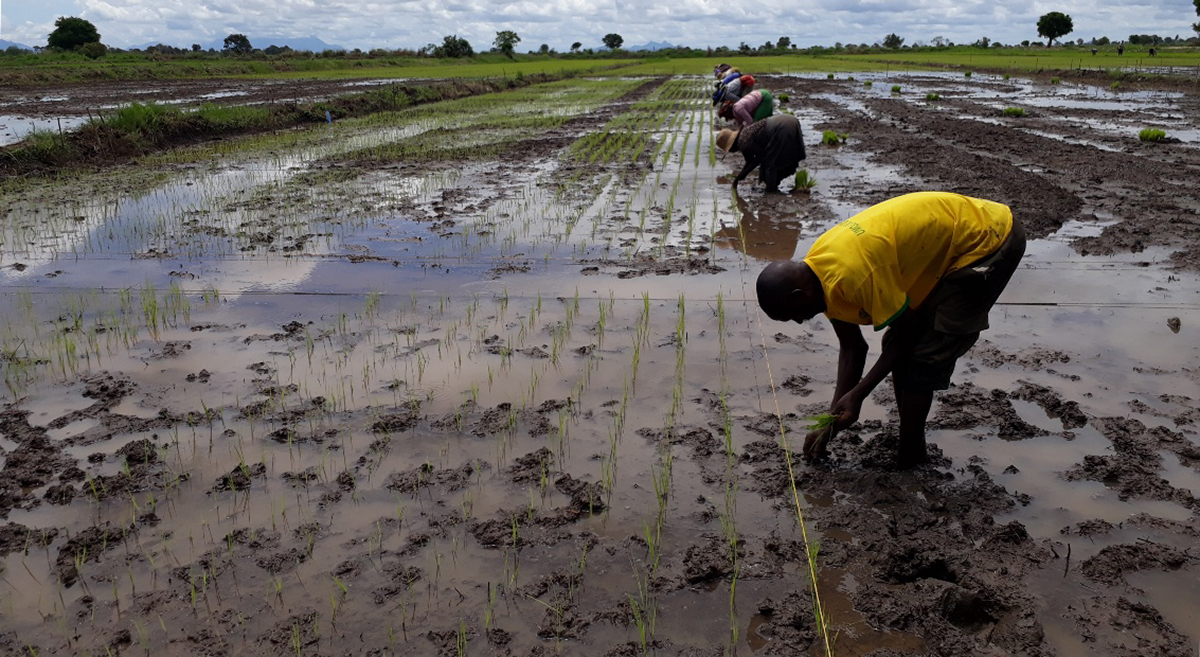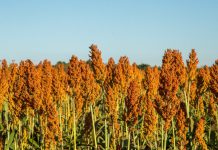AfricaPress-Tanzania: TANZANIA Agricultural Research Institute (TARI), Uyole has said the System of Rice Intensification (SRI), saves water by 40 percent in irrigation schemes, doubles yield and saves the environment significantly.
The Director of TARI Uyole in Mbeya Region, Dr Tulole Bucheyeki said over the weekend that the strategy that uses a participatory approach would help to improve and increase rice productivity to many smallholders’ farmers in the region.
“The advantages of this system includes high water efficiency use and reduction of irrigation water requirements, high tilling and effective tillers, early maturity and high yield up to 10 hectare,” Dr Bucheyeki said.
According to Dr Bucheyeki one of the popular crops in Tanzania is rice, saying, however, the average yield is estimated to be 1.5-2.1 tons per hectare as compared to average yields of more than 5 tons per hectare in temperate countries.
He further narrated that, the low yield is attributed by insect pest, diseases, low soil fertility, use of inappropriate varieties, low moisture and water competition to other users which includes domestic and livestock.
He mentioned areas in which SRI strategy applied as Mbuyuni/ Kimani, Uturo and Madibira in Mbarali District, Magozi and Pawaga/Kimande in Iringa rural district that assisted in irrigation schemes to increase rice productivity and production.
“This strategy utilises elements which includes raising seedlings in a carefully managed, garden-like nursery, early transplanting of 8 to 15 days old seedlings, single seedling planting per hole, widely spaced transplants, early and regular weeding, carefully controlled water management and application of compost to the extent possible.
According to good agronomic practices, rice can be sown directly in soil or transplanted in rice bunds. Approximately 64 percent of the global harvested upland rice area of 12 million ha is in Asia, the remaining part is contributed by other countries.
In Tanzania, rice farmers have been cultivating and planting rice by using different approaches and varieties.
He said, the majority of farmers plant local varieties, some released in the 1950`s which are characterized by low production potentials.
Dr Bucheyeki concluded that SRI is a tool to double yield of rice and can be used to resolve some land disputes among farmers or other water users and livestock keepers and doubles income of farmers in the area.







